
Biotech manufacturing draws predominantly from a comprehensive selection of input materials for generating cutting-edge biobased goods.
Maintaining environmentally mindful sourcing underpins enduring viability and ethical market growth.
an array of drawbacks from conventional supply chains for instance pollution and systematic depletion of reserves. Accordingly, companies are required to implement regenerative sourcing methods to mitigate footprints.
- Representations of ethical supply approaches are:
- Adopting organic-origin materials from crop remnants
- Installing reclamation workflows to diminish waste and heighten recovery
- Building relationships with nearby vendors dedicated to moral sourcing
Transitioning to green supply models secures ecological benefits and economic upside.
Upgrading Feedstock Traits for Better Biofuel Performance
Boosting conversion rates requires high-quality and well-characterized biomass. Technologists actively pursue refinements to increase feedstock efficiency, delivering enhanced conversion and a more resilient energy mix. Strategies feature genetic optimization to raise biomass yield plus pretreatment to depolymerize plant polymers into sugars.
- Moreover, investigations target novel feedstocks like microalgae, municipal residues, and field residues to widen the pool of renewable biomass for biofuel use.
- Via sustained research the industry stands ready to accomplish considerable improvements that enable a greener energy transition.
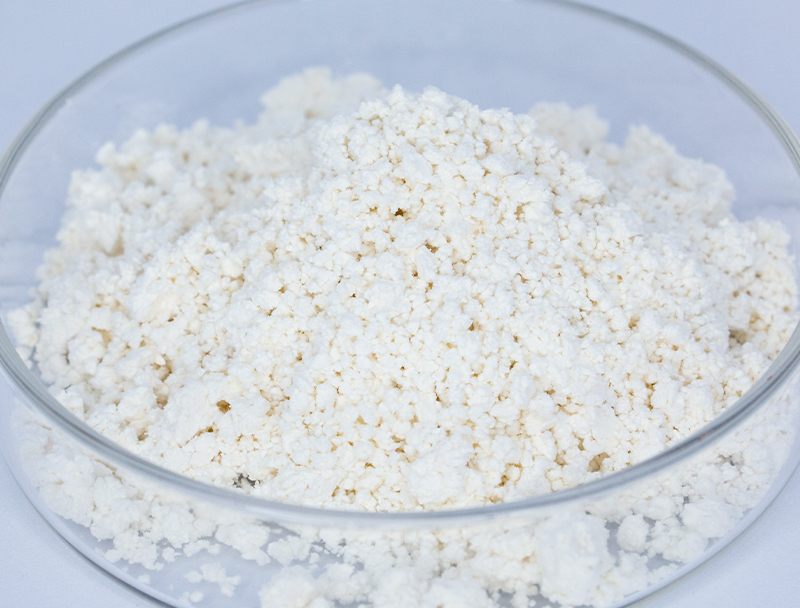
Upstream Process Improvements for Modern Biopharma Production
represents the initial stages of biopharmaceutical manufacturing, encompassing all steps from cell culture and cell harvesting Recent developments in this field have resulted in optimized workflows that raise overall output.
Key advancements include the utilization of novel cell lines, optimized culture media formulations, and intelligent bioreactor designs. These changes expand productivity and help reduce both financial and environmental overhead.
- Additionally, a shift to integrated continuous operations is providing enhanced flexibility and responsiveness in production.
- This move toward intelligent production systems is expected to reshape the industry and hasten drug development.
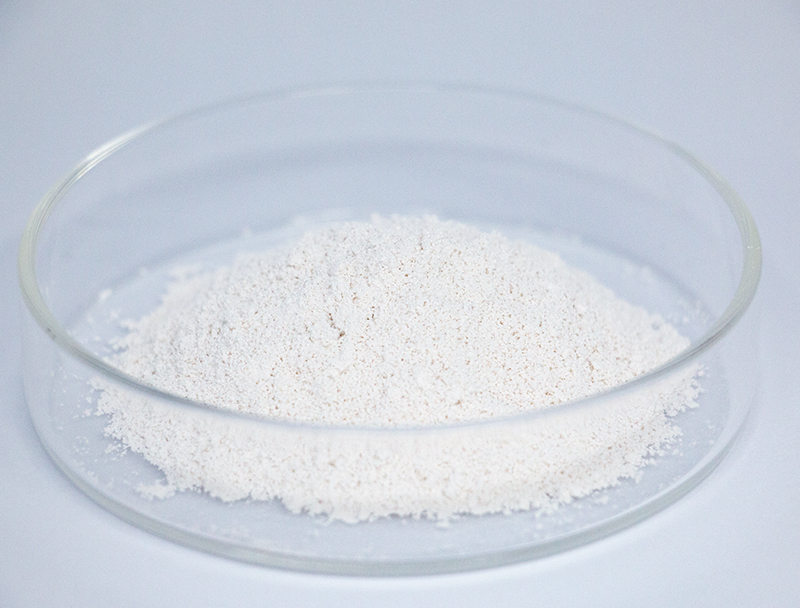
Innovations in Gene Editing for Improved Biopharmaceutical Yield
innovations in genome-editing toolsets have enhanced biopharmaceutical manufacturing. Using precise gene interventions, engineers raise the output of key therapeutic proteins. The strategy paves the way toward accessible, high-yield therapeutics across disease spectra.
Biodegradation Strategies Using Targeted Microbial Cultures
cutting-edge microbial approaches that remediate contamination sustainably. Engineered and natural microbes can attenuate pollutants via metabolic conversion.. By harnessing this natural potential, we can develop environmentally friendly strategies for cleaning up contaminated sites and mitigating the negative impacts of industrial activities.. Research teams analyze microbial diversity to find candidates that metabolize heavy metals, break down pesticides, and treat oil-contaminated matrices.. Microbial strains work in bioreactor settings or on-site applications to convert pollutants through biological pathways..
Using microbes for cleanup carries distinct advantages compared with chemical or physical remediation approaches. Microbial remediation can cut expenses and limit harmful secondary emissions. Also, microbial interventions offer targeted remediation that minimizes collateral ecosystem disturbance. The field of microbial biotechnology continues to advance rapidly, with ongoing research focused on improving the efficiency and effectiveness of bioremediation strategies.
Digital Methods Accelerating Pharmaceutical Discovery
Bioinformatics techniques are integral to present-day therapeutic development workflows. From identifying potential drug candidates to optimizing their efficacy and safety, bioinformatics enables a more efficient and data-driven approach.
- Via examination of genomic, proteomic, and clinical datasets, researchers pinpoint targets and project drug activity.
- In addition, predictive simulations inform medicinal chemistry efforts to craft more efficacious drugs.
- In conclusion, computational biology reshapes discovery pipelines and speeds delivery of reliable treatments for patients.
Metabolic Design Approaches to Boost Bioproduct Yields
integrates multiple methods to augment cellular production of target bioproducts. Techniques span CRISPR-mediated edits to reshape pathways, synthetic control elements to fine-tune expression, and gene imports to grant new biosynthetic abilities.. By fine-tuning these processes, engineers can significantly increase the yield of desired bioproducts.
Such an integrated approach may disrupt diverse fields including therapeutics, crop science, and sustainable fuels.
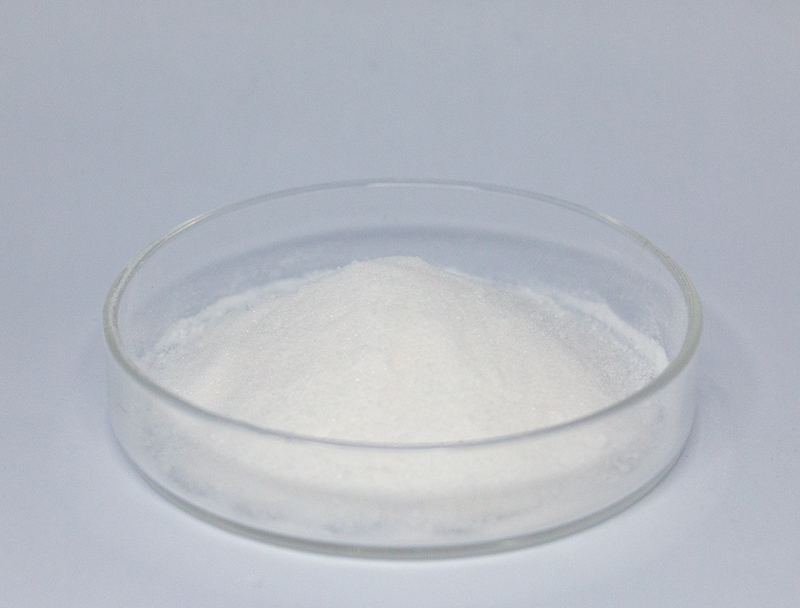
Scale-Up Challenges and Prospects for Biopharmaceuticals
Expanding production volumes poses difficult barriers yet offers substantial opportunities. Sustaining uniform quality across expanded production capacity is a principal challenge. Overcoming this requires advanced process control, continuous monitoring, and sensitive analytical platforms.
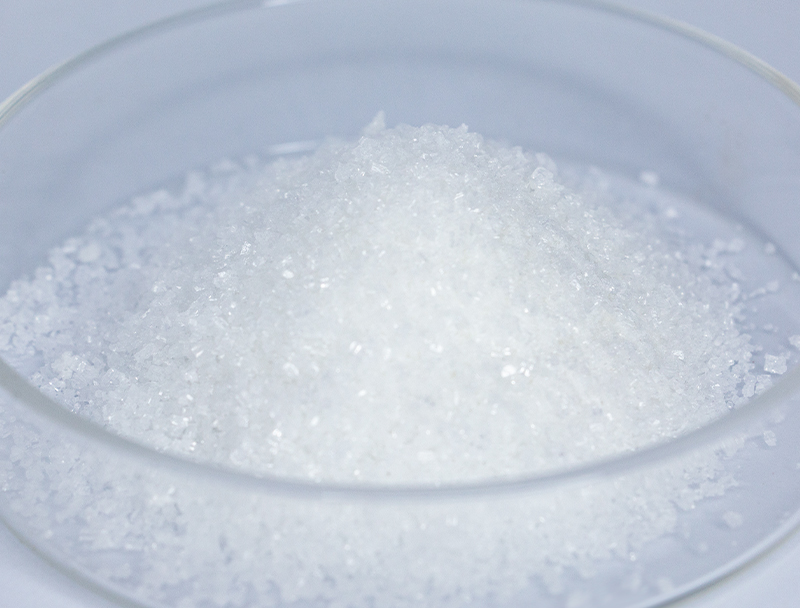
Additional complexity arises because biopharma production entails many coordinated stages.. Reengineering workflows for mass production involves rigorous R&D and inventive technology deployment.. However, the potential rewards are substantial. Successful scaling up can lead to increased access of life-saving therapies, reduced production costs, and enhanced profitability.
Several projects are designed to mitigate these scaling barriers. Approaches include cutting-edge process optimization tech, comprehensive analytics for control, and disruptive manufacturing designs.
- Developmental projects contribute critically to scaling manufacturing competency.
- Regulators are reforming approval systems to facilitate adoption of advanced manufacturing and nurture innovation.
Regulatory Strategies for Biopharma Compliance and Patient Protection
Producing biopharmaceuticals demands comprehensive oversight to guarantee safety and clinical effectiveness. Biologic therapeutics bring unique regulatory and manufacturing demands unlike traditional pharmaceuticals.
Regulatory authorities including FDA and EMA are central to creating criteria and processes for approving innovative biologics..
Comprehensive testing regimens must be followed from early-stage L-arginine-α-ketoglutaric acid research through ongoing post-approval monitoring.. These measures aim to identify potential risks and guarantee that biopharmaceuticals meet the highest levels of safety..
Moreover, oversight agencies continually refine approaches to align with accelerating scientific progress in therapeutics.. Actions include accepting new technologies and streamlining development channels while safeguarding patient health.
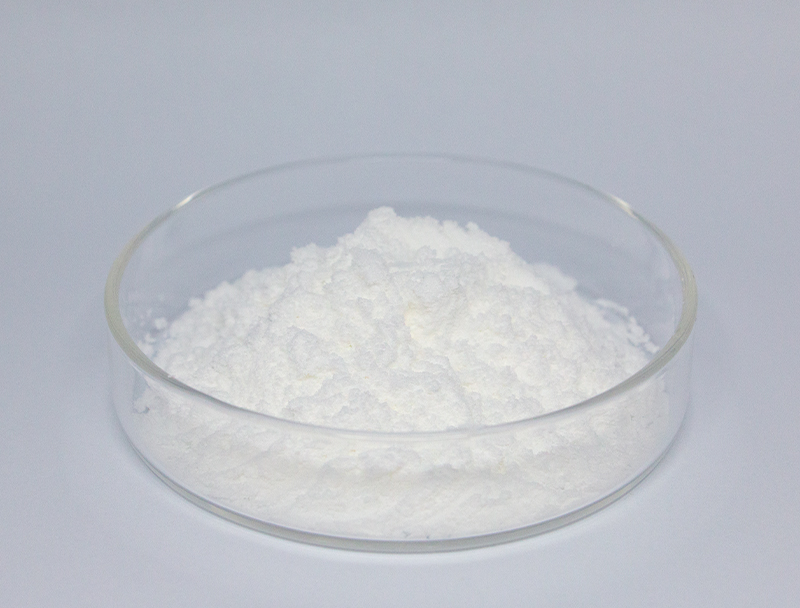
Assessing Plant Biomass Pathways for Bioplastic Innovation
The rising demand for eco-friendly materials fuels R&D on bio-based alternatives. Plant-origin feedstocks converted into bioplastics create promising opportunities for eco-friendly materials. Biomass sources such as cornstarch, cellulose, and sugarcane are usable to produce plastics that biodegrade and reduce ecological impact.
Concurrently, several bioplastic formulations approximate conventional plastic traits and serve wide-ranging applications. Continuous development will unlock plant biomass value for sustainable bioplastic production and support circular systems.
Biotech Innovations Addressing Health and Food Challenges
Biotech provides transformative capabilities that can change healthcare outcomes and strengthen food systems. By harnessing genetic engineering, synthetic biology constructs, and advanced cell therapies, technologists deliver capabilities to reduce disease burden, raise crop outputs, and increase food value. Consider genetically enhanced crops that resist pests and environmental stresses to improve production and reduce pesticide reliance.. Moreover, biotechnology plays a crucial role in developing vaccines, antibiotics, and diagnostic tools that are essential for combating infectious diseases and improving global health outcomes.. As innovations mature, biotechnology can provide meaningful contributions toward global health and resilient food supplies for future generations.
 N-Acetylneuraminic acid
N-Acetylneuraminic acid